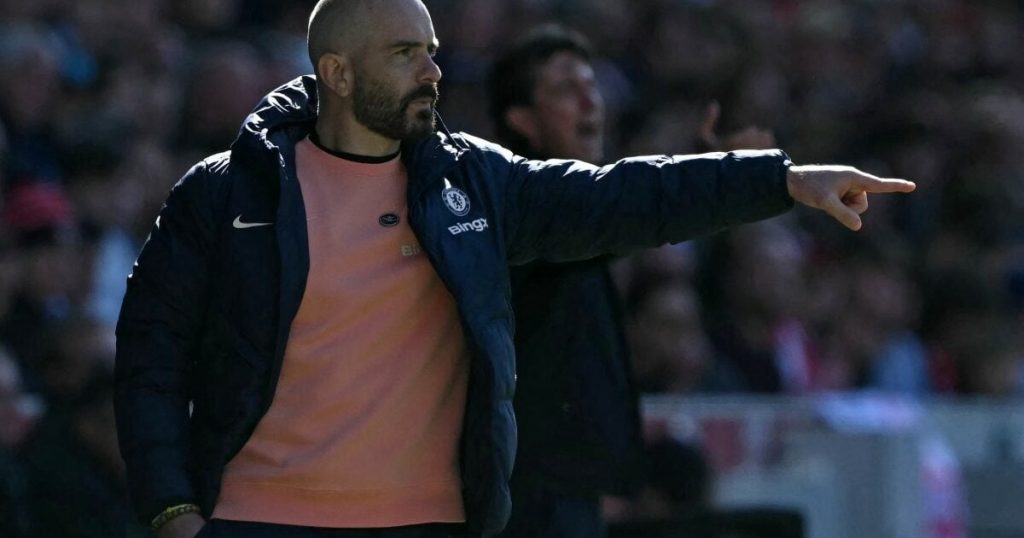The situation at Chelsea Football Club involving exiled players Raheem Sterling and Axel Disasi continues to draw attention, particularly their isolation from the first-team squad and training regime. Manager Enzo Maresca has defended the club’s handling of the situation, emphasizing that both players are being provided with adequate training facilities despite their exclusion from the team. This isolation stems from their failure to secure transfers away from Stamford Bridge before the recent transfer deadline. Both players are reportedly training and eating separately from the main squad, a situation that has prompted the Professional Footballers’ Association (PFA) to contact Chelsea regarding their treatment.
Maresca, drawing from his own experience as a player, acknowledges the difficulty of being sidelined but insists that the club is acting within its rights. He highlights the universality of such situations in football, where player and club disagreements occasionally lead to exclusions from the squad. While acknowledging the players’ desire to play, he maintains that Chelsea’s actions are justified given the circumstances. He emphasizes that the players are provided with resources to maintain their fitness, contrasting their situation with other professions that endure more challenging working conditions. He cited the example of his father, a fisherman who worked long hours for many years, to illustrate that their situation is not as dire as portrayed.
The controversy underscores the complex dynamics of player-club relationships in professional football. While players strive for playing time and career advancement, clubs must manage their squads effectively, sometimes making difficult decisions about who is included and excluded. The intervention by the PFA adds another layer to the situation, suggesting potential concerns about player welfare and the appropriateness of Chelsea’s approach. The situation raises questions about the balance of power between clubs and players, particularly when transfer negotiations fail and players are left in limbo.
The case of Sterling and Disasi also highlights the financial implications of such situations. Sterling, a high-profile signing, still has two years remaining on his contract, while Disasi has four. Their continued presence at Chelsea while not playing represents a significant financial investment with no immediate return. This underlines the challenges clubs face in managing wages and squad size while balancing the needs of individual players with the overall team objectives. Chelsea’s attempts to facilitate moves for Sterling, particularly to Bayern Munich and Napoli, further illustrate the complex negotiations involved in transfer deals.
From Chelsea’s perspective, the decision to isolate Sterling and Disasi might be strategic. It could be a tactic to encourage them to accept transfer offers or to demonstrate to other players the consequences of not being part of the manager’s plans. It also allows the manager to focus on players he intends to utilize, fostering a more cohesive and focused training environment within the active squad. However, the long-term impact of this strategy remains to be seen, especially considering the potential for negative publicity and damage to player morale.
The situation highlights the precarious nature of a footballer’s career, subject to the whims of managers, club owners, and the ever-changing transfer market. While Sterling and Disasi are provided with training facilities, being excluded from the team can have significant psychological and professional consequences. Missing out on competitive matches can impact their form, fitness, and future career prospects. The ongoing discussions with the PFA and the potential for FIFA regulations to be invoked suggest that this case might have further implications for player rights and how clubs manage situations involving unwanted players. For now, the situation remains unresolved, leaving the players in a frustrating state of limbo and the club defending its actions amidst growing scrutiny. In contrast to this internal conflict, Chelsea prepares for their upcoming match against Manchester United, where newcomer Alejandro Garnacho is anticipated to make his full debut, adding a different dynamic to the team’s narrative.


